We hear everywhere that it’s important to drink water—at the gym, online, at the doctor’s office. But do we really understand why? The truth is that hydration goes far beyond quenching thirst. It has a direct impact on how our bodies function, especially when it comes to physical performance.
Whether you play sports, work out at the gym, run in the park, or just take regular walks, you need to know that water is a fundamental piece of the puzzle. It’s not an exaggeration to say that being well hydrated can be the difference between a good workout and a bad one—between making progress or hitting a wall. So let’s talk about it plainly, without overcomplicating things.
Why Is Water So Important?
Our bodies are about 60% water. That alone tells you a lot. Water is involved in all the vital processes of the body: it regulates temperature, transports nutrients, aids digestion, lubricates joints, and more.
During exercise, we lose water through sweat and breathing. And the more intense the workout (or the hotter the environment), the more we sweat—and the more fluids we lose. When we don’t replace those fluids, the body starts sending warning signs that something’s off.
Signs of Dehydration During Exercise
Many people think that feeling thirsty is the cue to drink water—and it is, of course. But thirst is a late sign of dehydration. By the time you feel thirsty, your body is already under stress.
Other symptoms you might notice during or after exercise include:
- Excessive fatigue or lack of energy
- Dizziness or headache
- Muscle cramps
- Dry skin
- Dark or scanty urine
- Difficulty concentrating
These symptoms aren’t always linked to lack of water, but often they are. In more serious cases, dehydration can even cause nausea, fainting, and low blood pressure.
Hydration and Performance: A Direct Relationship
Now, for those focused on improving their workouts or sports performance: a body weight loss of just 2% in fluids can already impair performance. For someone weighing 70 kg (154 lbs), that’s a loss of 1.4 kg (about 3 lbs) of sweat—and at that point, strength, endurance, and coordination can all suffer.
When you’re dehydrated, your body can’t regulate temperature as effectively, so your heart rate climbs faster. This makes the exercise feel harder, which directly affects your motivation and output.
Hydration Before, During, and After Exercise
Many people only think about drinking water after a sweaty session, but the best strategy is to maintain hydration throughout the day—especially on training days.
Before Exercise
Aim to start your workout already hydrated. Drink 300–600 ml (about 10–20 oz) of water 1–2 hours before you exercise. This helps your body handle sweat losses more easily.
During Exercise
If your workout lasts longer than 40–60 minutes, sip fluids as you go. About 150–250 ml (5–8 oz) every 20 minutes is a good guideline, depending on workout intensity and heat.
For very intense or long sessions—like marathons, triathlons, or heavy CrossFit—sports drinks can help replace not only water but also lost electrolytes (sodium, potassium).
After Exercise
This is when you replenish what you lost. If possible, weigh yourself before and after your workout. For every kilogram (2.2 lbs) lost, replace about 1.5 liters (50 oz) of fluid. That helps speed recovery and reduce soreness.
The Role of Electrolytes
Sweat doesn’t only contain water—it also carries away essential minerals that regulate muscle function and fluid balance.
- Sodium helps maintain blood volume and nerve function.
- Potassium supports muscle contraction.
When these electrolytes are out of balance, you can experience cramps, weakness, and—even in extreme cases—heart rhythm disturbances. That’s why, on very hot days or during long workouts, electrolyte-containing drinks or foods can be beneficial.
Hydration Through Food
Not all the water your body needs comes from a bottle. Fruits, vegetables, and soups also hydrate you. Watermelon, cantaloupe, cucumber, lettuce, tomato, and oranges are great examples.
Incorporating these foods into your diet is a smart way to stay hydrated without lugging a water bottle everywhere. Plus, they provide vitamins, fiber, and antioxidants that aid muscle recovery and overall health.
Hydration and Muscle Mass: What’s the Connection?
Yes, there is one—and many people don’t realize it. Water is critical for transporting amino acids and nutrients to muscle cells. When you’re dehydrated, that transport slows down, delaying recovery and growth.
Also, muscles themselves are largely water. Staying hydrated helps keep muscle tissue “full” and functional. So if you’re training hard and aiming for gains, water is as essential as the protein in your shake.
Hydration Isn’t Just Water
Some people drink sodas and think they’re hydrating. But beverages high in sugar, caffeine, or alcohol can actually dehydrate you by increasing water loss through the kidneys.
The best hydrator remains plain water. Natural juices can help in moderation (watch the sugar), coconut water is excellent on hot days or after hard workouts, and unsweetened teas are good daily options.
Practical Tips to Stay Hydrated
- Carry a water bottle: If it’s with you, you’ll remember to drink.
- Sip throughout the day: Don’t try to gulp down a liter at once.
- Check your urine color: Pale straw color means you’re well hydrated; dark yellow means drink more.
- Build a habit: Link drinking water to regular activities—like having a glass after each meeting or before every meal.
- Use reminders: Apps or alarms can prompt you to drink, and yes, they work!
Conclusion
Hydration is not a detail—it’s a cornerstone of physical performance. Whether you’re a professional athlete or you just train for health, water needs to be part of your daily strategy. You can’t expect to improve strength, endurance, or recovery if you overlook this.
And the best part is, staying hydrated is simple and inexpensive. No costly supplements or miracle formulas—just build the habit and listen to your body. Over time, it becomes as natural as working out or getting enough sleep.
So next time you’re about to sweat, remember: your workout begins with a glass of water.
Recent studies have highlighted the role of hydration in cognitive function, suggesting that even mild dehydration can impair concentration, alertness, and short-term memory. This is particularly relevant for athletes and individuals engaging in activities that require mental focus.
In addition to traditional hydration methods, wearable technology is emerging as a tool to monitor hydration levels in real-time. Devices that track sweat composition and fluid loss can provide personalized hydration strategies, optimizing performance and recovery.
Environmental factors such as humidity and altitude can also influence hydration needs. High-altitude environments can increase fluid loss through respiration, while humid conditions can exacerbate sweat loss, necessitating adjusted hydration strategies.


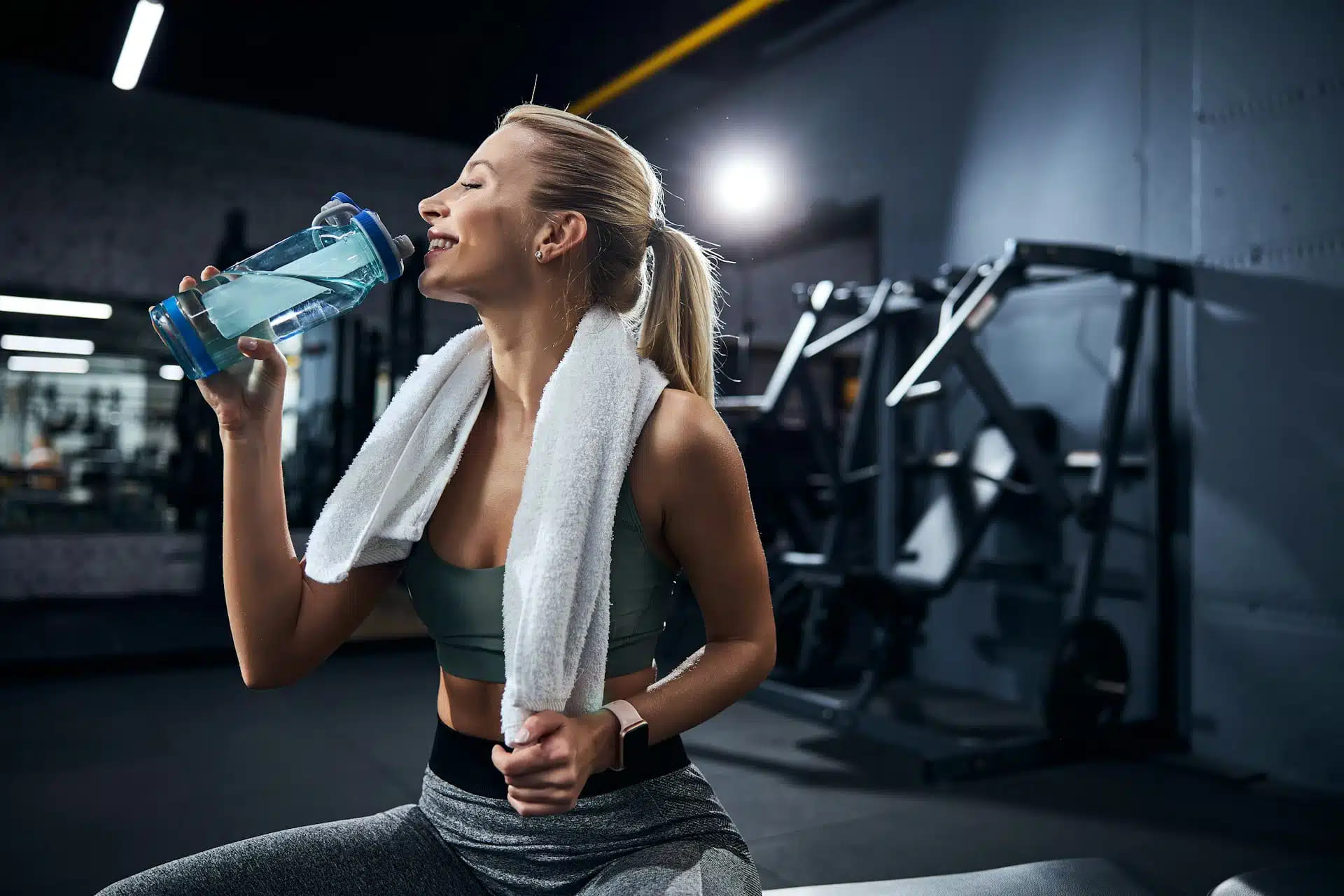


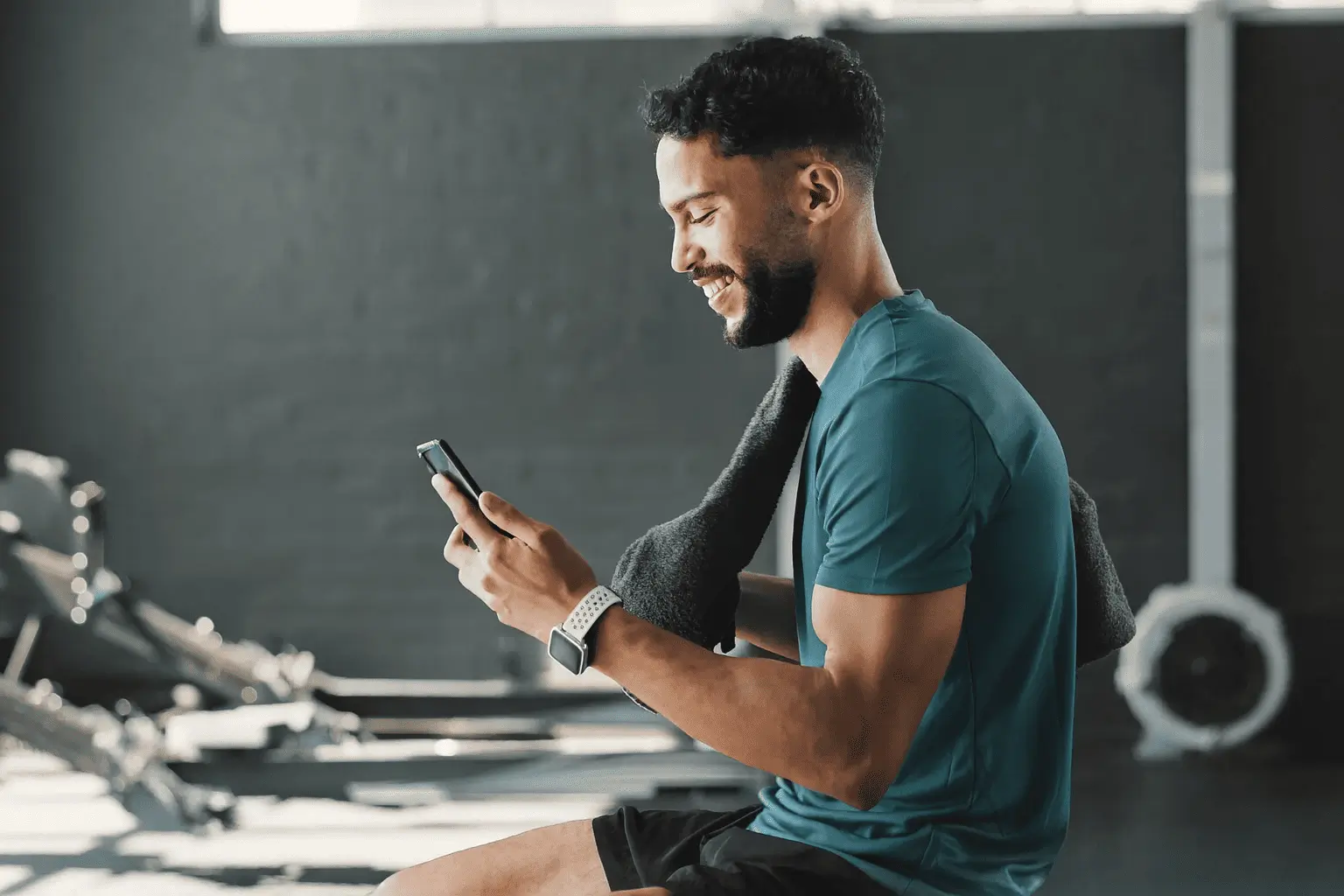

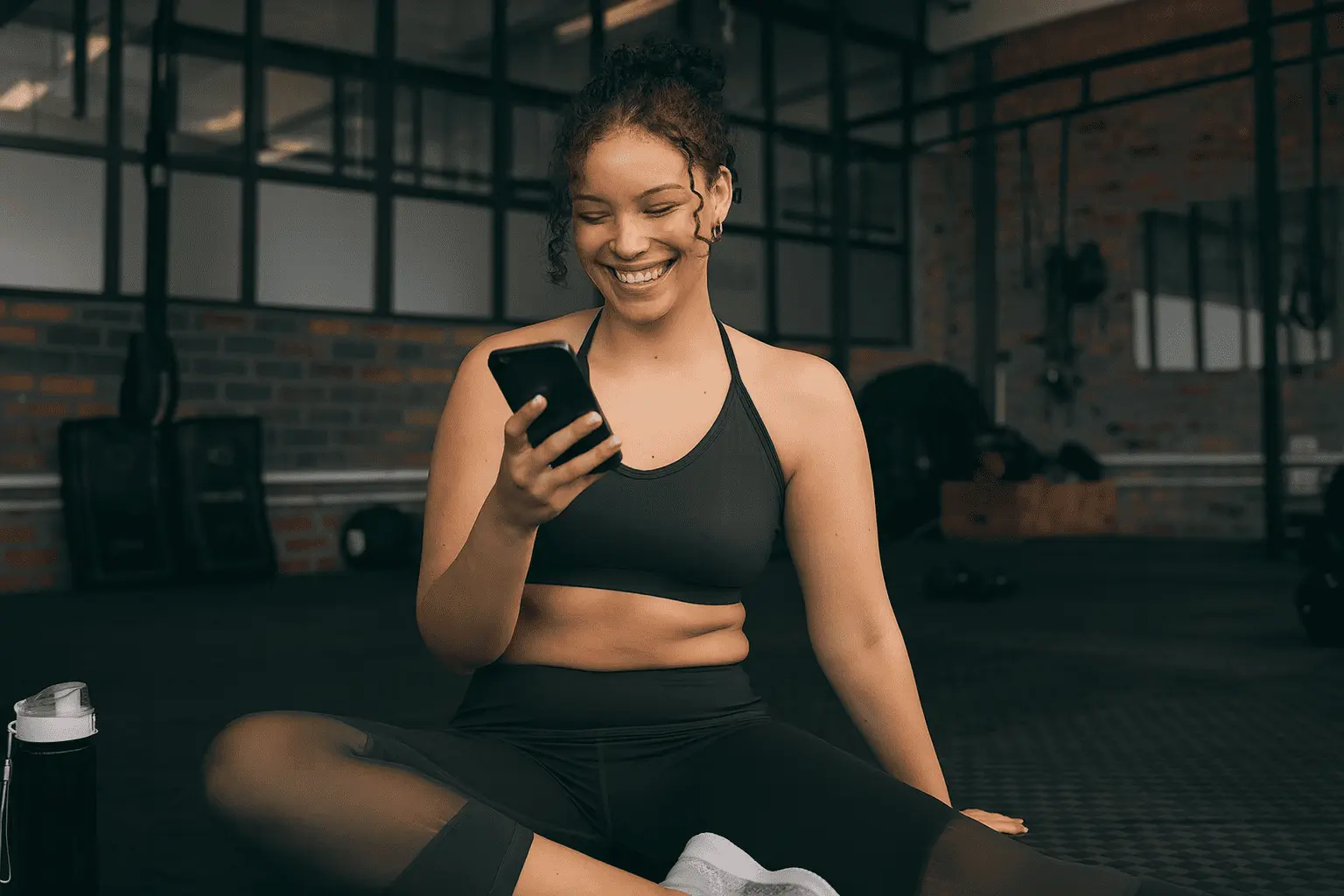
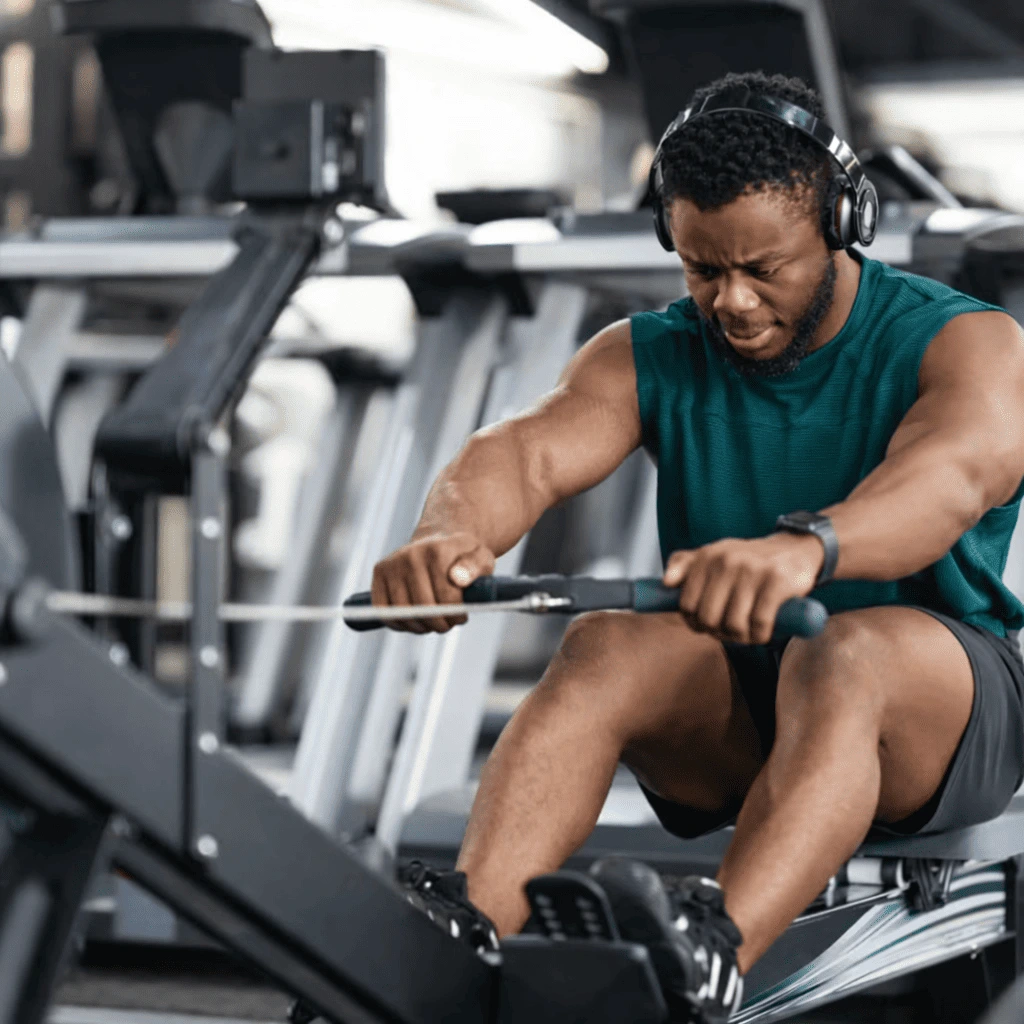
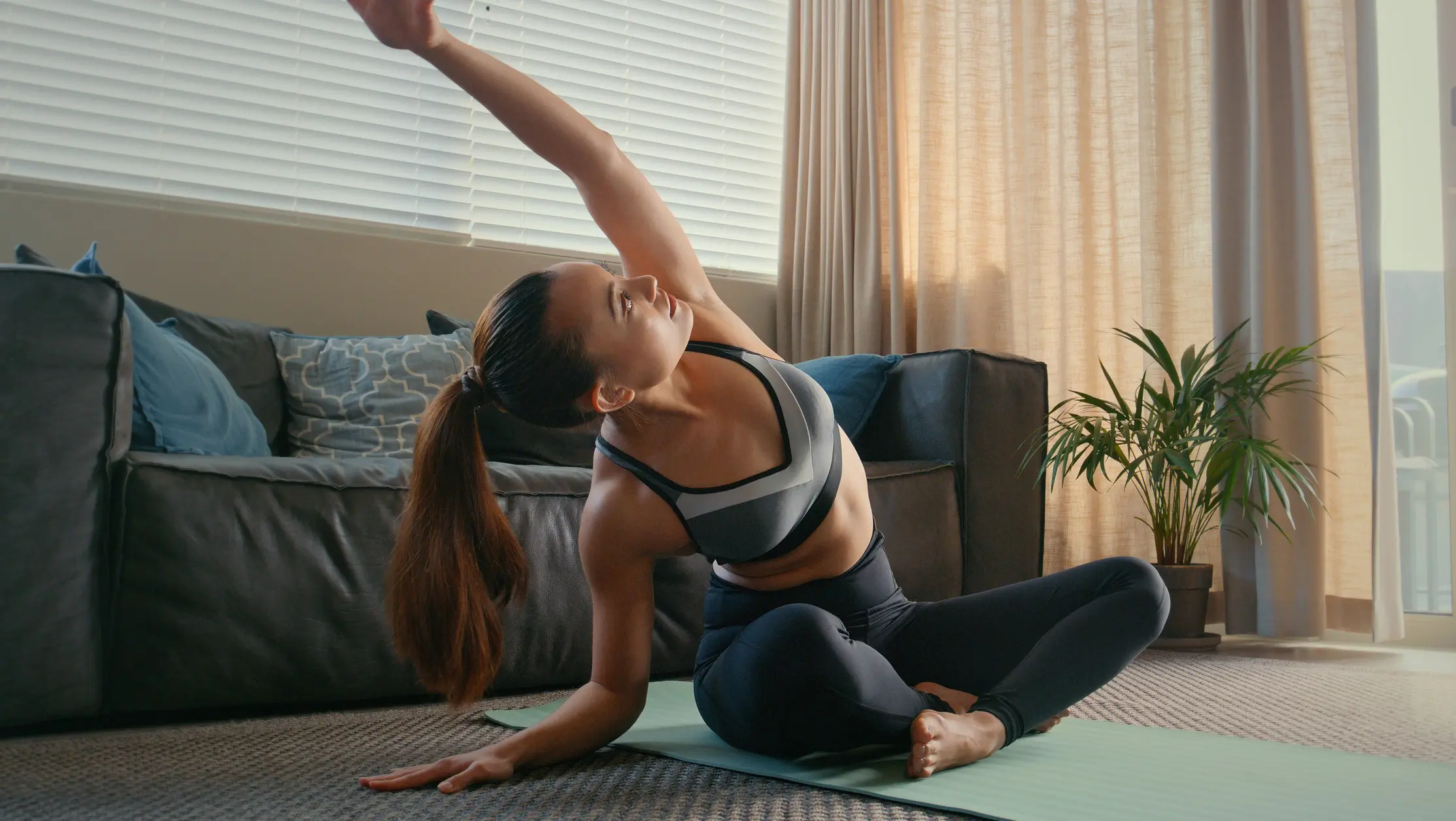
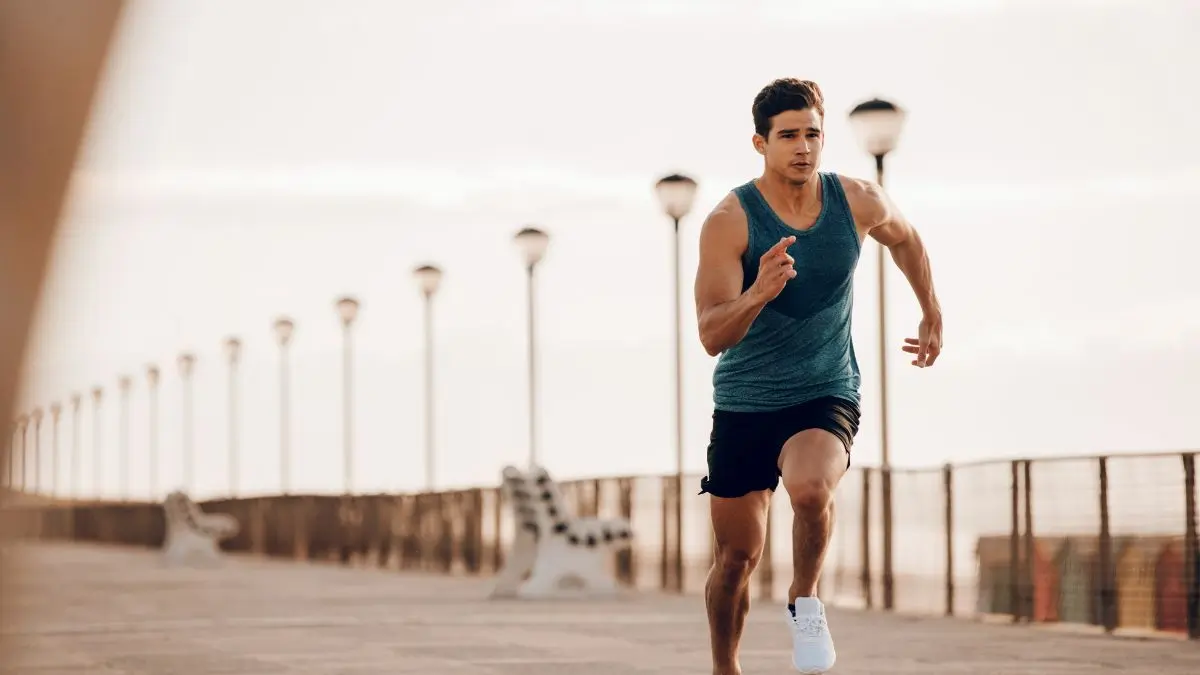

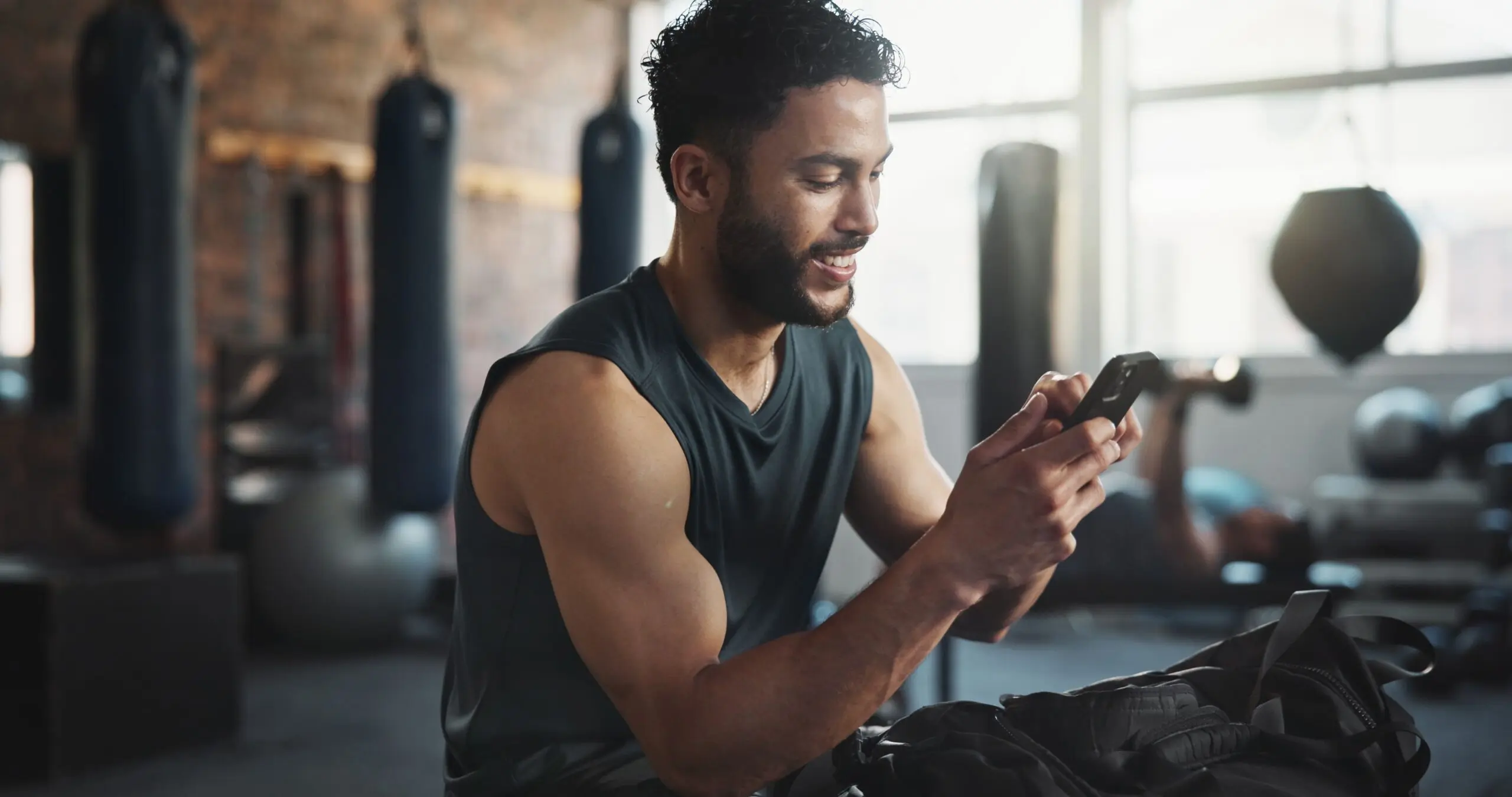

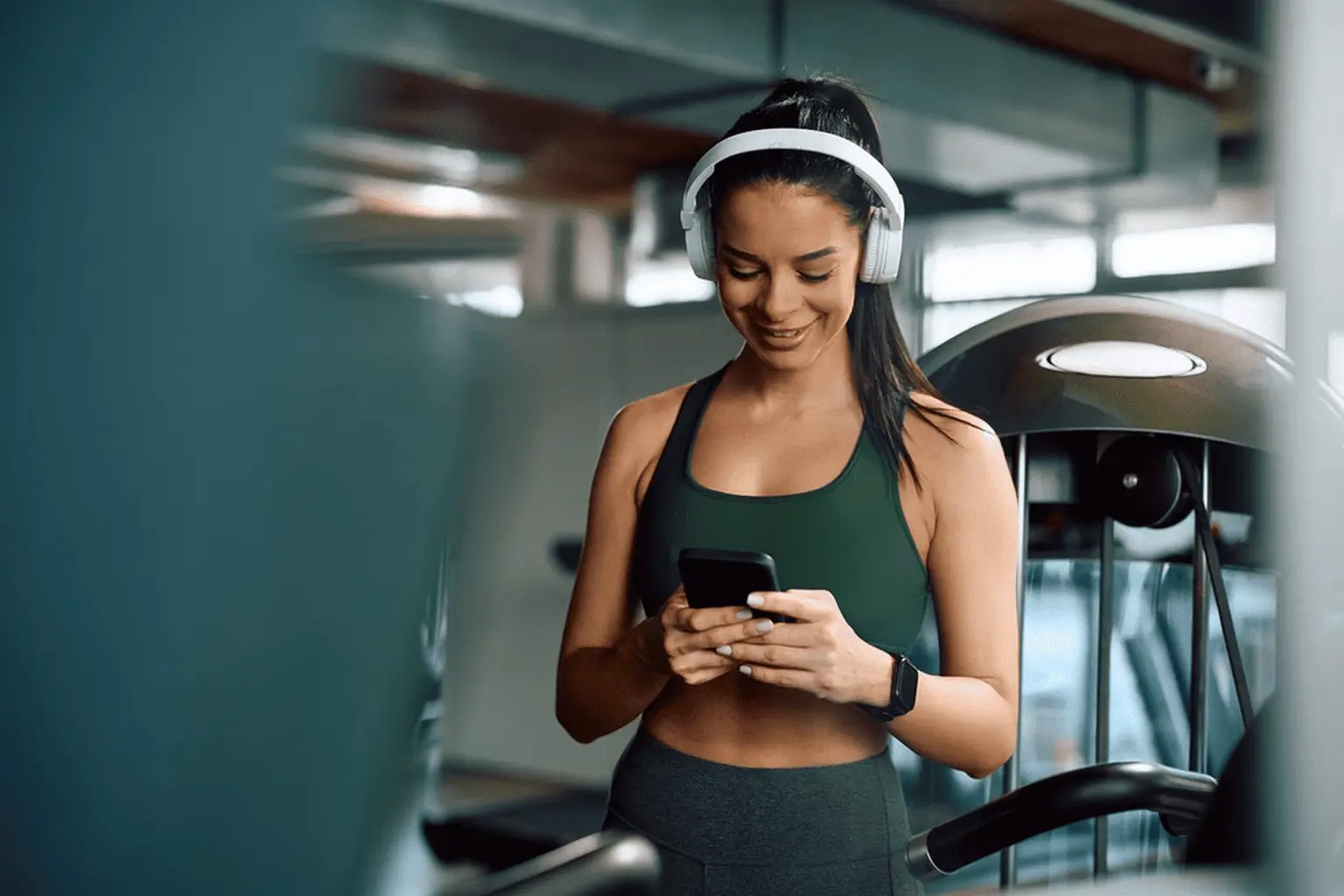

One Comment